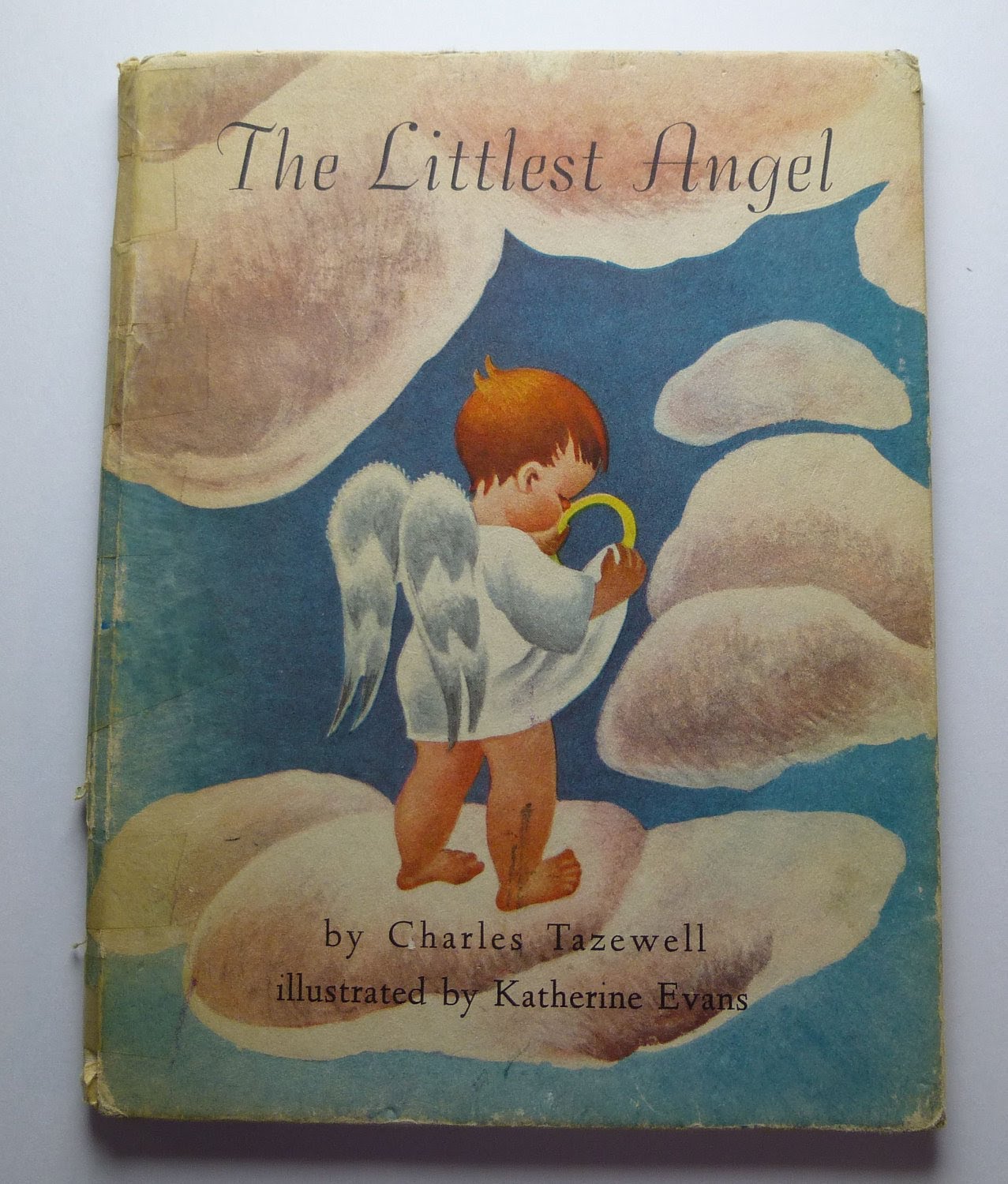
Is it true that after we die, we become angels? If not, why do people speak of the deceased as angels? For example, if a child passes away, people will say things like, “Heaven has gained a new angel”. The short answer is, no. When we die, we do not become angels. However, it is undoubtedly true that many people erroneously believe this – even many Catholics who possess only a cursory understanding of their faith. Indeed, it’s also very common for people to say this type of thing, especially when a child passes away. In fact, I remember reading a bestselling children’s book when I was a kid – it was called “The Littlest Angel”. As you can guess from the title, it’s about a child who dies and goes to Heaven, where he becomes “the littlest angel”.
One of the reasons people think this way is because of a misreading of what Jesus says in this Sunday’s Gospel reading (from Luke 20):
Jesus said to them, “The children of this age marry and remarry; but those who are deemed worthy to attain to the coming age and to the resurrection of the dead neither marry nor are given in marriage. They can no longer die, for they are like angels; and they are the children of God because they are the ones who will rise. That the dead will rise even Moses made known in the passage about the bush, when he called out ‘Lord,’ the God of Abraham, the God of Isaac, and the God of Jacob; and he is not God of the dead, but of the living, for to him all are alive.”
Here’s an important distinction to make: When Jesus speaks of those who attain to the resurrection of the dead in the afterlife, he says that they will be like angels, not that they will be angels, as so many misunderstand.
The whole passage is about the reality of the resurrection of the body, which is something the Sadducees (Jesus’ opponents here) did not believe in. The way in which we humans are “like” angels is that we will also live for all eternity, either in Heaven or Hell, depending on our response to the Truth. Demons are, of course, fallen angels, who were created to be good, but who freely chose to reject God and his ways. Human persons also have a choice to make: to obey God and remain with him throughout life and eternity; or to reject God’s lordship over our lives and go our own way – with tragic consequences.
But we humans are not disembodied, pure spirits, like angels. God created the human person as a body-soul unity. And to borrow from the rite of Marriage, “what God has joined together, let no one separate”. It is true that when we die, our bodies and souls are separated for a time. But this is not a permanent arrangement. On the last day, when Christ returns to judge the living and the dead, our bodies will be resurrected and once again united with our souls. We will then experience the fullness of God’s love in the totality of our persons – body and soul, as God originally intended for us.


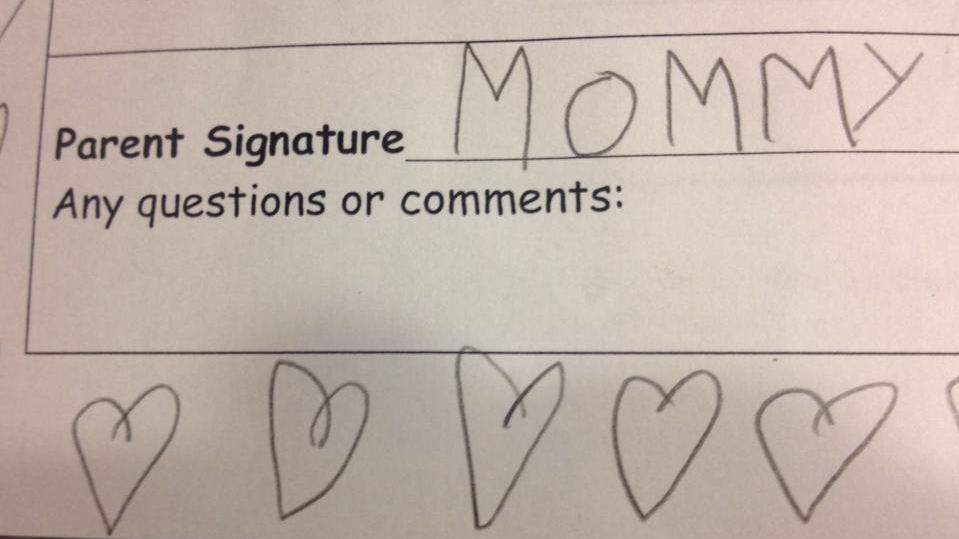

 “Sunday Scriptures” is a series of posts explaining the Sunday Mass readings – helpful for those preparing to worship, or preparing a homily!
“Sunday Scriptures” is a series of posts explaining the Sunday Mass readings – helpful for those preparing to worship, or preparing a homily! 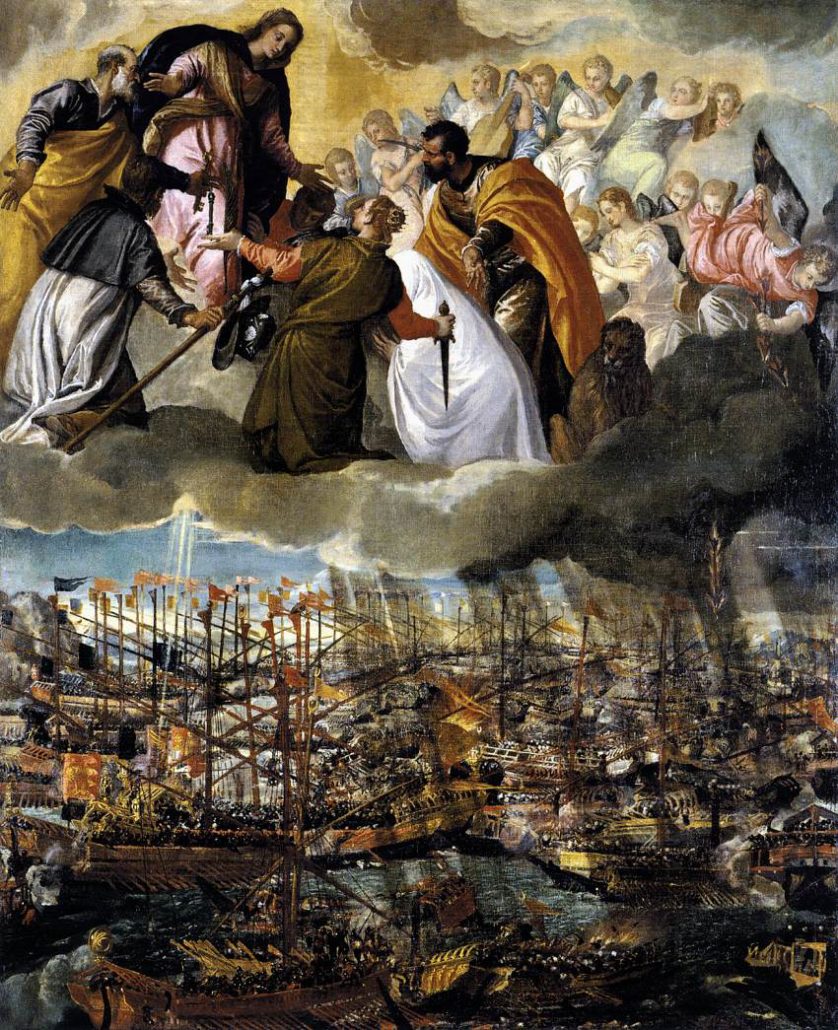 Today is the Feast of Our Lady of the Rosary. Why is celebrated today, October 7? It was on this day, in 1571, that a battle was fought that changed the very course of history. Christianity was saved from certain destruction in the West.
Today is the Feast of Our Lady of the Rosary. Why is celebrated today, October 7? It was on this day, in 1571, that a battle was fought that changed the very course of history. Christianity was saved from certain destruction in the West.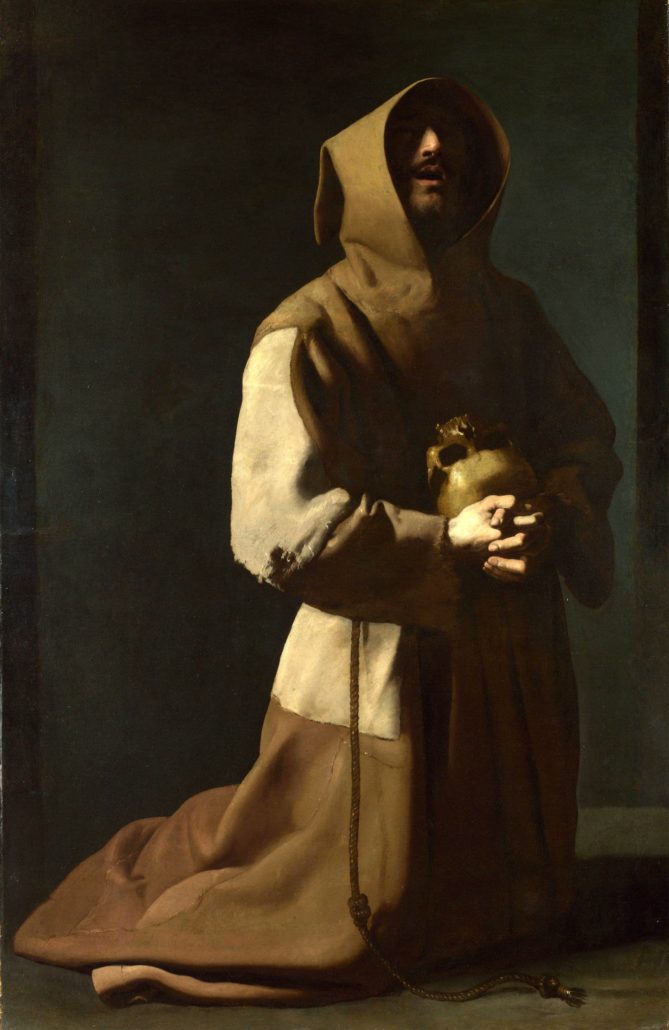
 Saint Michael’s Cathedral was rededicated last night – September 29, the feast of Saint Michael the Archangel (patron saint of the Archdiocese). The word cathedral comes from the Greek word kathedra, which means “seat or elevated throne”. In the Gospel of Matthew, Jesus uses this word when he says that the Scribes and Pharisees sit on Moses’ “seat” (kathedra). The kathedra symbolized teaching authority. It was a common practice for Jewish rabbis to sit down while teaching, a practice which Jesus himself took up numerous times in the Gospels.
Saint Michael’s Cathedral was rededicated last night – September 29, the feast of Saint Michael the Archangel (patron saint of the Archdiocese). The word cathedral comes from the Greek word kathedra, which means “seat or elevated throne”. In the Gospel of Matthew, Jesus uses this word when he says that the Scribes and Pharisees sit on Moses’ “seat” (kathedra). The kathedra symbolized teaching authority. It was a common practice for Jewish rabbis to sit down while teaching, a practice which Jesus himself took up numerous times in the Gospels.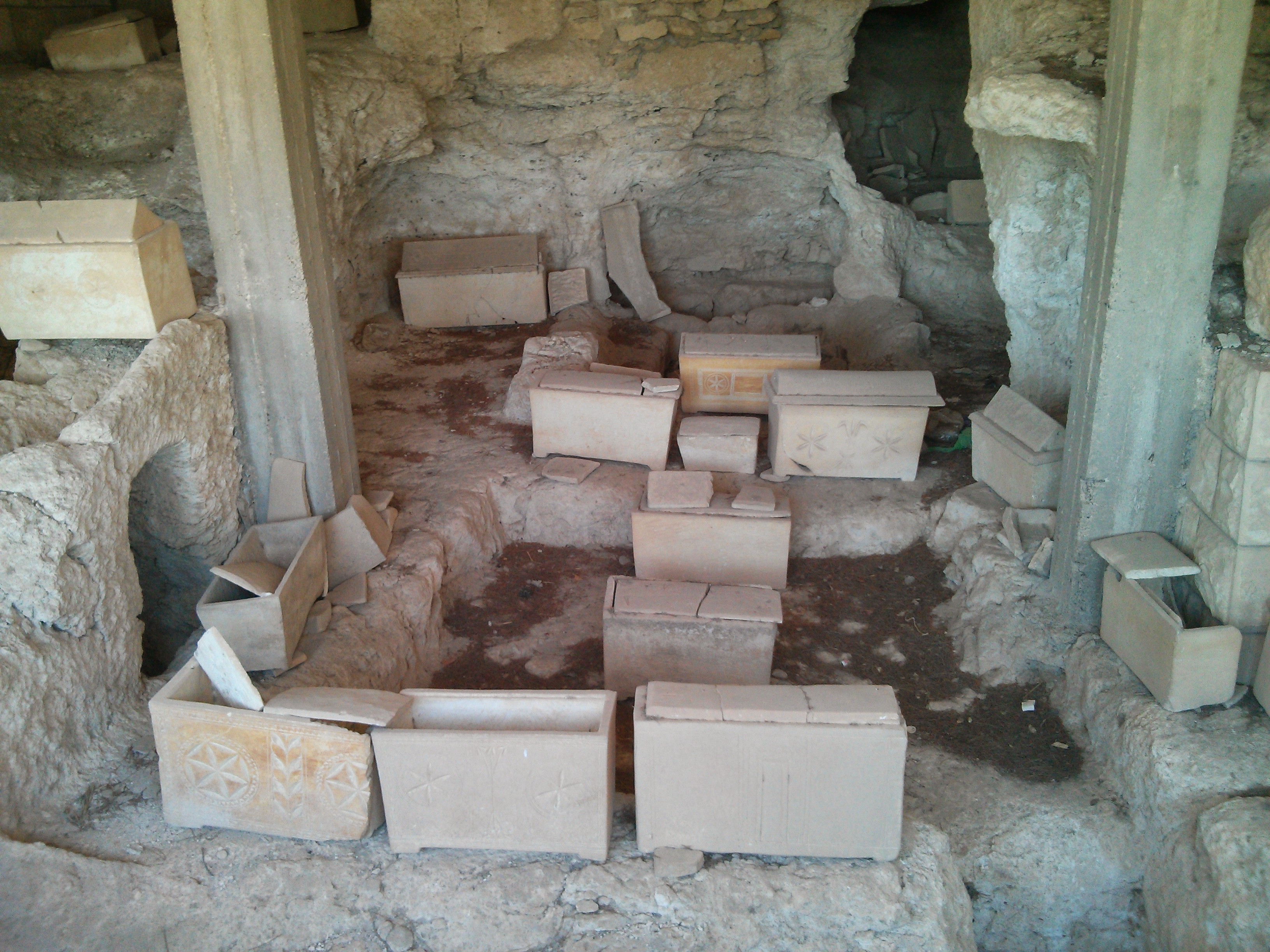
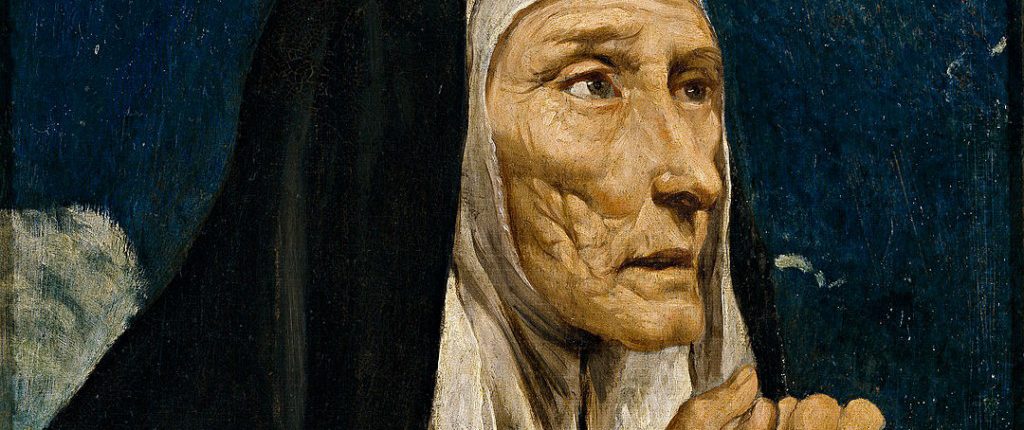 Today is the feast day of Saint Monica, who died on this day in 387 AD. She is most well-known for her tireless prayers on behalf of her more famous son, Saint Augustine. As anyone who knows his story (chronicled in his still-bestselling Confessions) knows, ol’ “Gus”
Today is the feast day of Saint Monica, who died on this day in 387 AD. She is most well-known for her tireless prayers on behalf of her more famous son, Saint Augustine. As anyone who knows his story (chronicled in his still-bestselling Confessions) knows, ol’ “Gus”